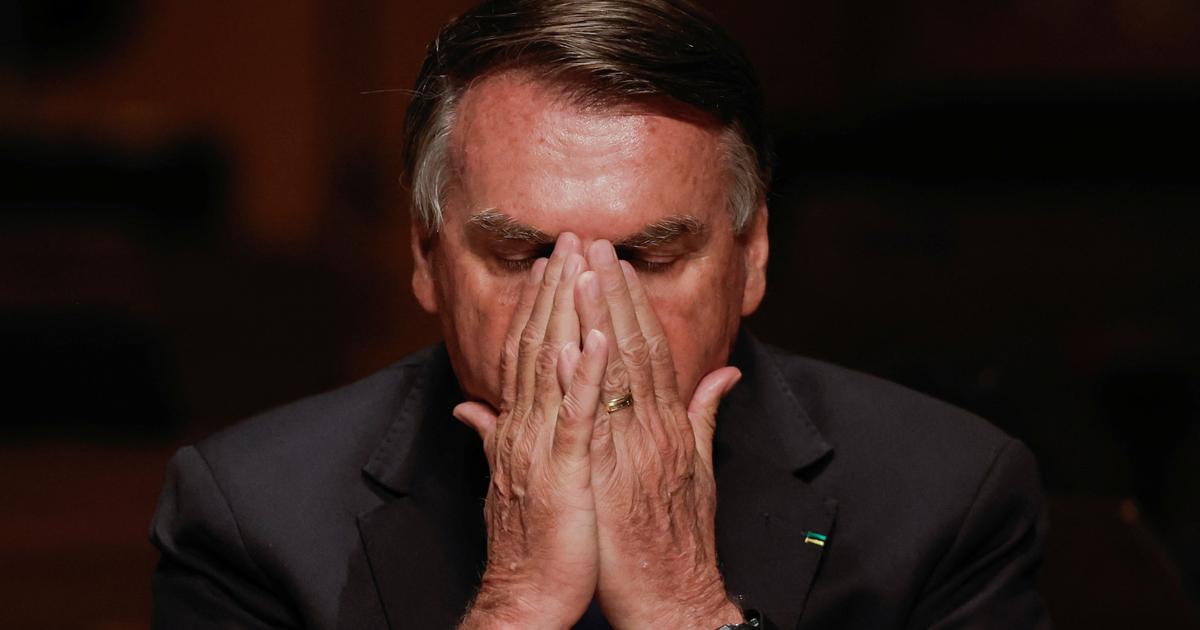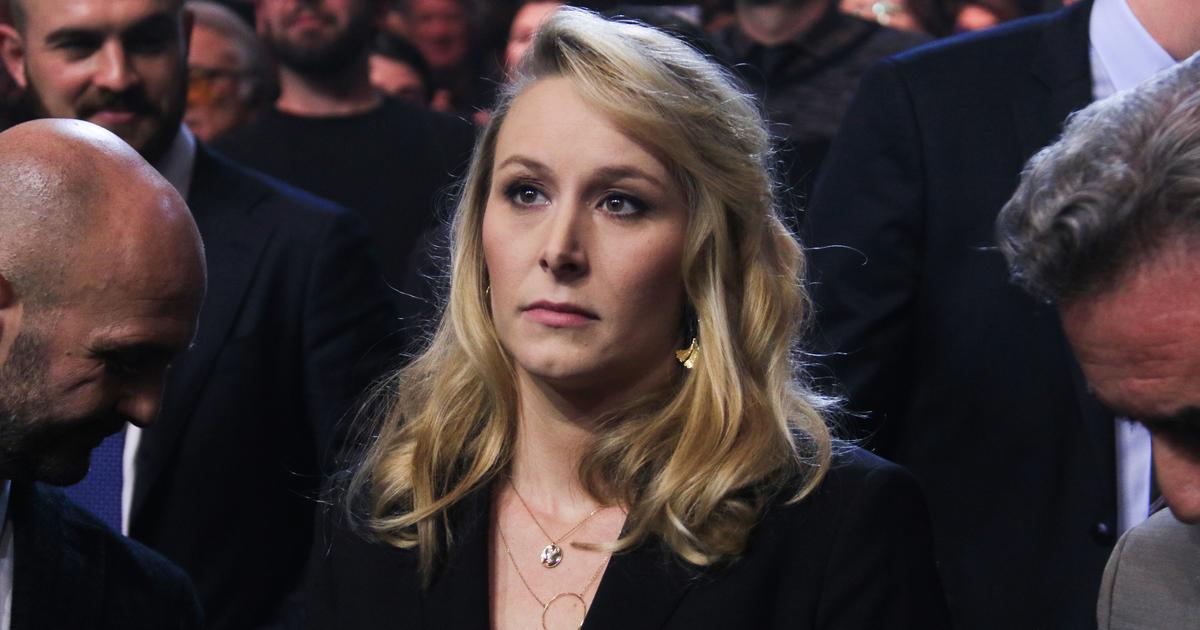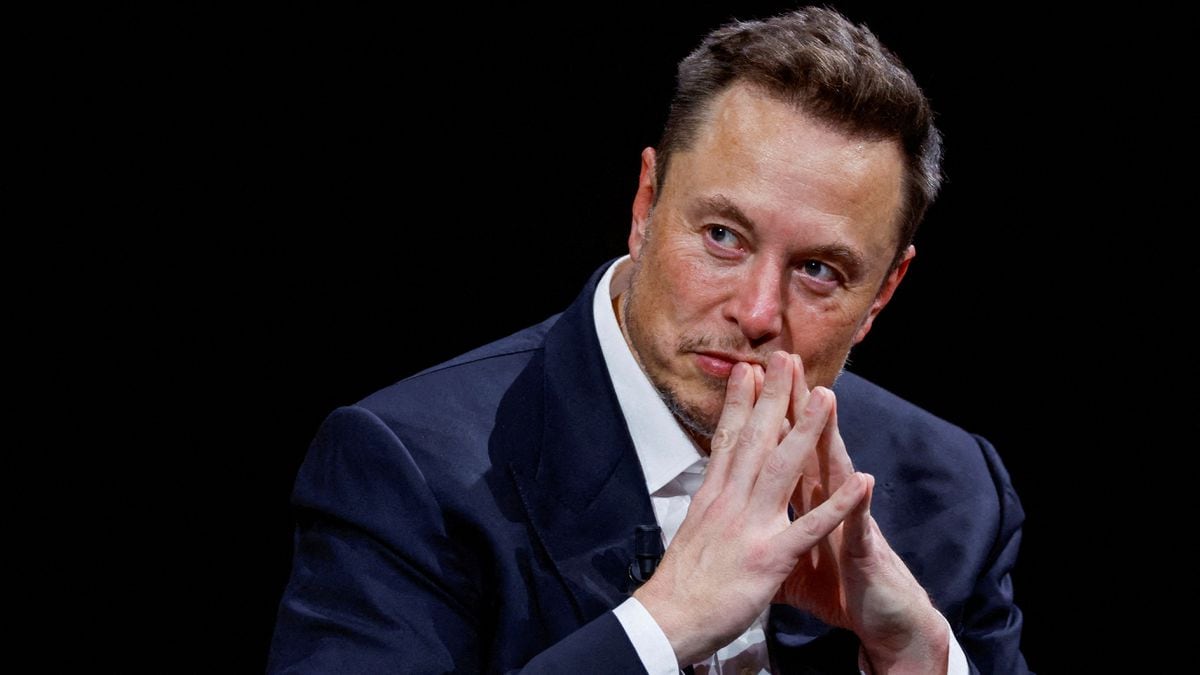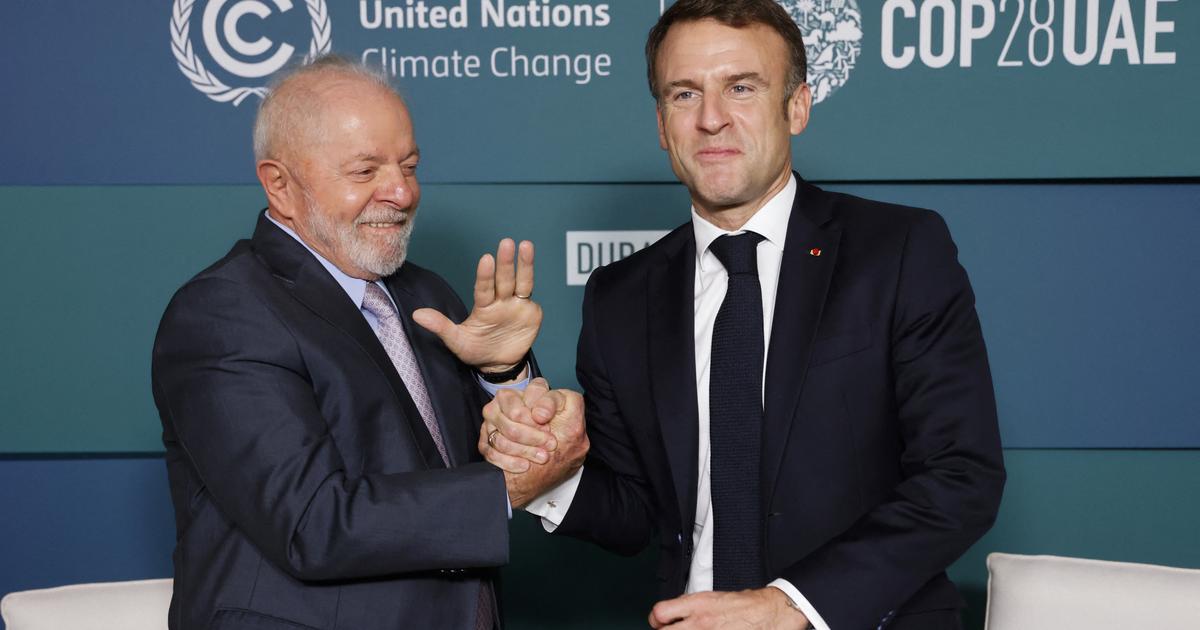Brazilian President Jair Bolsonaro greets supporters and journalists prior to a press conference dedicated to the coronavirus held at the Planalto Palace, Friday, March 27, 2021. Andre Borges (AP)
In Brazil, a war against the media is underway.
And the strange thing is that it is provoked by the forces of the fascist right as well as by the left.
Hence, this year, the National Press Freedom Day, which dates back to the times of the military dictatorship, has been celebrated with particular emphasis.
Print and online newspapers have run a full-page blank ad with a black label on their front pages.
“Support journalism so that blank pages like this do not exist.
Whoever defends journalism defends freedom and strengthens democracy”, reads the text.
According to Denise Dora, executive director of Article 19, Brazil is the third country in the world in which freedom of expression has been most attacked.
Only Hong Kong and Afghanistan are above in the table, which places Brazil as the first democracy in this crisis.
So far this year, attacks on the press by far-right president Jair Bolsonaro have reached 119. Bolsonaro's threats and insults are vicious against women, with expressions so rude and obscene that I will not reproduce them in this column.
Among them, those aimed at female journalists stand out, with expressions that are sometimes so obscene that I am not going to reproduce them either.
And the curious thing is that the way of attacking the media by Bolsonarism sounds like a defense of the media since it uses the term that one must be willing "to give one's life to defend freedom."
Except that for Bolsonaro, defending freedom means defending social networks without limitations on freedom of expression because, according to him, traditional media outlets only produce
fake news
, and the president threatens to close them every day.
For this reason, the newspaper
O Globo
wrote this Tuesday that the country is experiencing a moment of "constant attacks on freedom of the press that allows investigating and reporting what happens in the shadows of power so that a well-informed society can exercise the right to citizenship. ”.
And the most serious thing is that it is not only the extreme right that attacks freedom of expression with explicit threats, but also the left seems to feel uncomfortable with said media.
And just as Bolsonaro uses the euphemism of defending freedom of expression against the media, Lula da Silva, who according to polls would win the elections in October, uses the euphemism of “regulating the media” as when he said: “There are sectors of the press They don't want me to be a candidate again because if I were to go back I'm going to regulate the media in this country”.
Or when she stated: “Either we make a regulatory framework for communication in Brazil or we will continue to be victims of half a dozen families who rule communication.”
“I saw how the press destroyed Hugo Chávez and here (in Brazil) I have seen what they have done to me.
We are going to commit ourselves to creating a new regulatory framework for the media,” Lula said after being released from prison.
Former President Lula feels pushed by the most radical wing of his party, the PT, which already during his second term as president tried to "regulate information" even proposing a kind of booklet to give note to journalists who would be judged by the own society.
The idea succumbed because when she became president, Dilma Rousseff, in her inaugural speech, pronounced the famous phrase: "I prefer the noise of the newspapers to the silence of dictatorships."
And the project was closed.
Perhaps for all this, the newspaper
O Estado de São Paulo
wrote: “It is alarming and symptomatic that the two political movements that lead the polls are the most hostile to the independent press of the republic.”
The president of the Supreme Court, Luiz Fux, stated the following: “A country in which the press is not free, where it is gripped, gagged, where it is regulated, being one of the pillars of democracy, is a lie, a simple sheet of paper".
The magistrate based himself on the article of the Constitution that reads: “You cannot cause problems to the demonstration in any form or process of communication.
Any citizen can use a medium to exercise their freedom of expression, particularly journalistic information.”
The expression of the right-wing Bolsonaro sounds like a certain sarcasm and cynicism when he affirms that "Brazil's biggest problem is the press."
I believed, after 20 years reporting on this great country, that everything was rooted in hunger, violence, racism, aberrant inequalities, its slums and today its fascist government.
I was wrong.
The biggest problem is us, the journalists, who insist on unearthing the secrets that the powers, all of them, hide even in their most intimate clothes.
Subscribe here to the EL PAÍS América
newsletter
and receive all the key information on current affairs in the region
Exclusive content for subscribers
read without limits
subscribe
I'm already a subscriber









